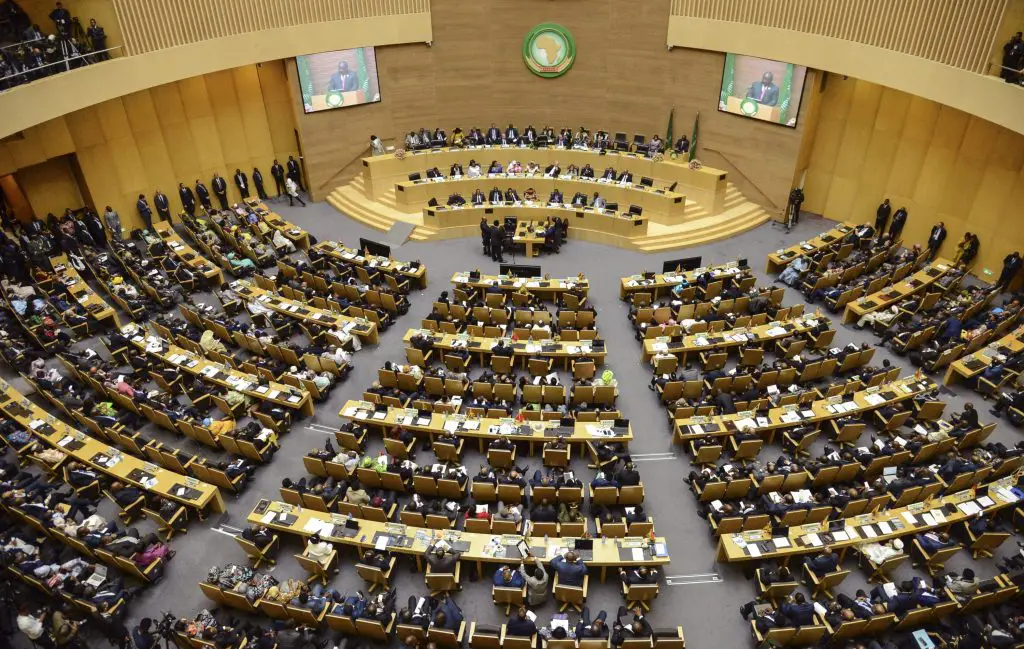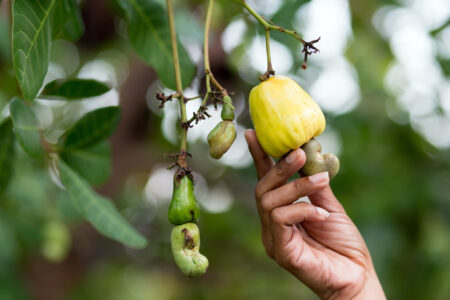- Is Africa better off due to colonization?
- Why nutrition and food security is the key to Africa’s success
- Understanding development in Africa
- Africa Day is on May 25th annually, let’s see what’s important for the continent this year!
Freedom in Africa
What is the price of freedom? Is it better to be poor and free or enslaved and wealthy? The latter contradicts itself in the very definition of the two words ‘enslavement’ vs ‘wealth’ but some would argue differently.
Consider this argument by Leander Heldring (Tilburg University) and James Robinson (University of Chicago):
“Would Africa’s economic development have been different without colonialism? Would it have been richer today?”
The very suggestion is colonial in its very essence: ‘if we control them we will make them better!’
Let us rephrase the question that the Fellow of the Department of Economics at Tilburg University and the Professor from the University of Chicago posed, a question that very much embodies the very thought of the European ‘scholars’ who met in Berlin in 1884 and reasoned that they are the better humans and should they colonize Africa, then they will make it better.
The question is: ‘Is the bird that struggles for its daily food in the wild better off when fed in a cage?’
That said the two modern-day scholars do admit that: “…evidence of improved economic development outcomes within the colonial period, for instance, real wages increased… Should we take this as evidence that colonialism was good for development? Our recent research evaluates this question and argues that the answer is probably no.”
Notice the phrasing of the negation of this offensive suggestion, the scholars reason that the suggestion that ‘Africa is better off since it was colonised’ is probably not right, probably!
They continue to argue; “Most African countries saw steadily rising incomes over the colonial period relative to the base year 1885.” Additionally: “Africans were able to reap the benefits of the introduction of railways and mining technology. Furthermore, being colonised meant deeper integration into world trade.” However, they do again admit, “…the fact that we see living standards increase on average does not imply that everybody’s living standards increased.”
Further: “…it is difficult to bring the available evidence together with plausible counterfactuals to argue that there is any country today in Sub-Saharan Africa that is more developed because it was colonised by Europeans. Quite the contrary.”
Granted, the two scholars ‘in between the lines’ do admit that colonialism was detrimental to Africa’s development; however, the fact that the very argument even exists is cause for African leaders, come this Africa Day 2022, to speak boldly and assert that colonialism destroyed Africa.
A road here and a railway there can never equate to bloodshed, torture endured, families separated, a history lost, a culture destroyed, a people lost. Because of colonisation modern-day Africans no longer know who they are or what their heritage is.
They look up to the Caucasians as the embodiment of beauty, progress, of reason, none the wiser that it is their forefathers in Puntland and Ohir, in Egypt and Mesopotamia, that brought civilization to the world.
2022 Africa Day must be about recognition of Africa, re-branding Africa and re-establishing Africa’s position in the global socio-economic and political arena. On this Africa Day we must not only ask what is Africa but who is Africa.
Food security in Africa
When it is suggested that colonialism brought development to Africa you may want to ask what does development mean? Africa is now less self-sufficient than it was in the post-colonial era. Let us discuss the basic need for one’s very own very existence: food.
“Compared to the rest of the world, malnutrition remains high in Africa and undernutrition is particularly an underlying cause of almost half of child deaths,” reports the African Union (AU).
It is for this fact millions in Africa are now starving; that the African Union theme for this year is ‘2022: The year of Nutrition.’
Findings by the Continental Accountability Scorecard that was launched in 2019 by the Africa Leaders for Nutrition (ALN) under the AU show a grave picture of a continent that could pre-colonial era feed itself but is now starving:
- 8 million children under 5 years are stunted, and 58.7 million of those stunted are in Africa.
- Only seven (7) member states have stunting rates below 19 per cent.
- Fifteen (15) member states have child wasting prevalence below 5 per cent.
- Thirty-eight (38) countries have women’s anaemia prevalence rates of more than 30 per cent.
- Eighteen (18) member states have at least 50 per cent of infants exclusively breastfed.
- Twenty (20) member states have more than 70 per cent prevalence rates for vitamin A supplementation.
“Malnutrition is not only one of the worst killers of children under five years of age but prevents children and adolescents from reaching their full potential, and traps entire populations invulnerability,” reads the AU report.
Development in Africa
Now let us get to the heart of the matter: What does the future holds for Africa? Or shall I say What Africa holds for the future of the world?
According to the Harvard Business Review, “Africa is closely watched as the next big growth market.” Post-colonial Africa saw a stage set for Africa to continue providing the world with resources to produce finished products and for the rest of the world to turn around and resell the products to Africa.
Africa has ‘not’ been allowed to develop, build industries and value addition factories. For good reason too, for should Africa manufactures its own final products then this growing market of 1.4 billion people could very well produce and consume with little need of the outside world.
However, that is not plausible and it is not good economics. The real threat to Africa’s development and self-sustenance is that the West would lose out on this huge market and to a reasonable extent, cheap labour and low cost of production would make African goods very competitive compared to the West’s products.
For example, when East Africa dared to suggest a ban on the importation of second-hand clothes, lobbyists in the US forced the government to threaten a seizure of aid to Africa and the US African Growth and Opportunity Act strings were pulled.
What the real argument here was: should Africa stop importing used clothes the US would lose huge sums on one hand and on the other, Africa would build industries and raise its own internal revenues making it competitive and less complacent, not to mention the competition that African manufactured ‘Denim’ would have on the world market.
So the saga continues. Will Africa ever really be free of the colonial leash? The pros and cons of this debate would make for a reasonable discourse for Africa Day this year.
Read: Africa dismantling colonial economic model with AfCFTA











